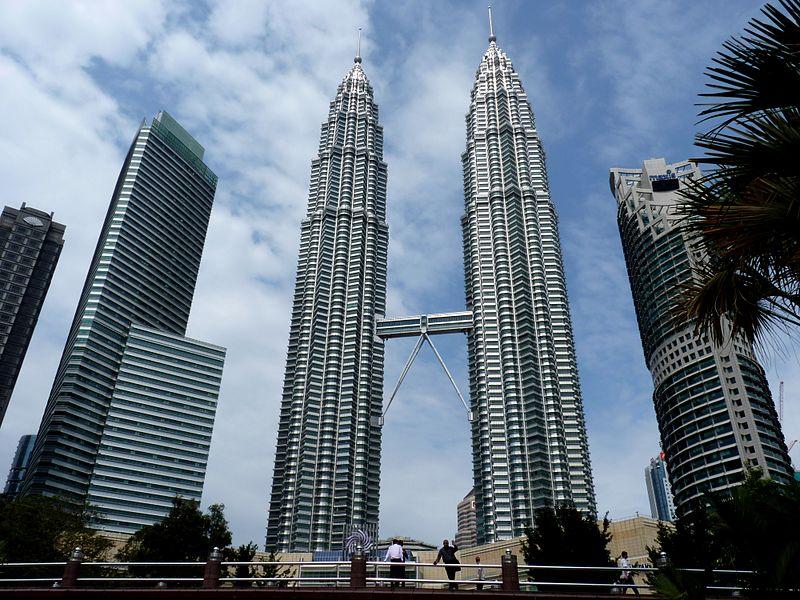
The electrical and electronics sector is the top manufacturing industry in Malaysia, providing almost one-third of the country’s exports and employing 27 percent of its workforce. The Malaysian electronics industry, which relies heavily on migrant workers, is also rife with abuse. One study suggests that 28 percent of workers were trapped into forced labor, and another 46 percent were on the “threshold” of finding themselves in a forced labor situation.
To that end, the Electronic Industry Citizenship Coalition (EICC), an NGO focused on supply chain sustainability within the electronics sector, announced it will conduct audits and work with Malaysian government agencies to halt what has become a massive human rights tragedy.
Founded in 2004, the EICC was launched by a small group of electronics manufacturers that have a goal to adopt industry-wide standards covering environmental, social and ethical issues within the industry’s entire supply chain. The organization was completely run by volunteers until 2013, when a full-time staff was hired to manage the EICC’s next growth phase. Malaysia will test this organization’s success.
The EICC says it has been working on several problems endemic within Malaysia’s electronics sector. The problems the organization seeks to solve include:
- Confronting the restrictions on electronic workers’ freedom of movement, including the notorious confiscation of passports -- one of the most commonplace violations within the sector.
- Defining excessive recruitment fees, long a problem faced by the world’s poorest workers. Headhunter and recruiter fees are often so onerous it is common for factory workers to toil months, even years, to pay off those fees. A study by Verité found it was common for migrant workers to pay as much as 2,985 Malaysian ringgit ($925) to a recruiter. Many workers promised what seemed to be lucrative salaries ended up falling prey to bait-and-switch schemes that saw their annual salary less than half the original figure — after fees and deductions, daily pay ended up only being a few U.S. dollars.
- The lack of contracts in workers’ native languages before they leave their country of origin.
The EICC has approved a more stringent code of conduct dealing with these issues, and they will become effective on April 1. In order to track compliance, EICC will shadow audit firms operating in Malaysia over the next several weeks with the aim to root out forced labor. The organization also promises to partner with government agencies, trade organizations and NGOs in order to evangelize these new protocols. Finally, the EICC has pledged to establish a “traffic and bonded” task force in order to bring more attention to the challenges facing electronics industry workers.
The largest tool EICC has in its kit is what the organization calls its Validated Audit Process (VAP). Since 2009, the VAP program has undertaken thousands of audits, completed risk assessments at over 4,000 facilities worldwide and finished its first global findings report. The EICC also conducts training for auditors throughout the year.
Time will tell if these steps will make a difference. For too many workers, who saw dreams of a high salary become a nightmare of physical violence, intimidation, threats, extortion, theft and even sexual abuse, these new policies come far too late.
Image credit: Duvda
Based in California, Leon Kaye has also been featured in The Guardian, Clean Technica, Sustainable Brands, Earth911, Inhabitat, Architect Magazine and Wired.com. He shares his thoughts on his own site, GreenGoPost.com.

Leon Kaye has written for 3p since 2010 and become executive editor in 2018. His previous work includes writing for the Guardian as well as other online and print publications. In addition, he's worked in sales executive roles within technology and financial research companies, as well as for a public relations firm, for which he consulted with one of the globe’s leading sustainability initiatives. Currently living in Central California, he’s traveled to 70-plus countries and has lived and worked in South Korea, the United Arab Emirates and Uruguay.
Leon’s an alum of Fresno State, the University of Maryland, Baltimore County and the University of Southern California's Marshall Business School. He enjoys traveling abroad as well as exploring California’s Central Coast and the Sierra Nevadas.














